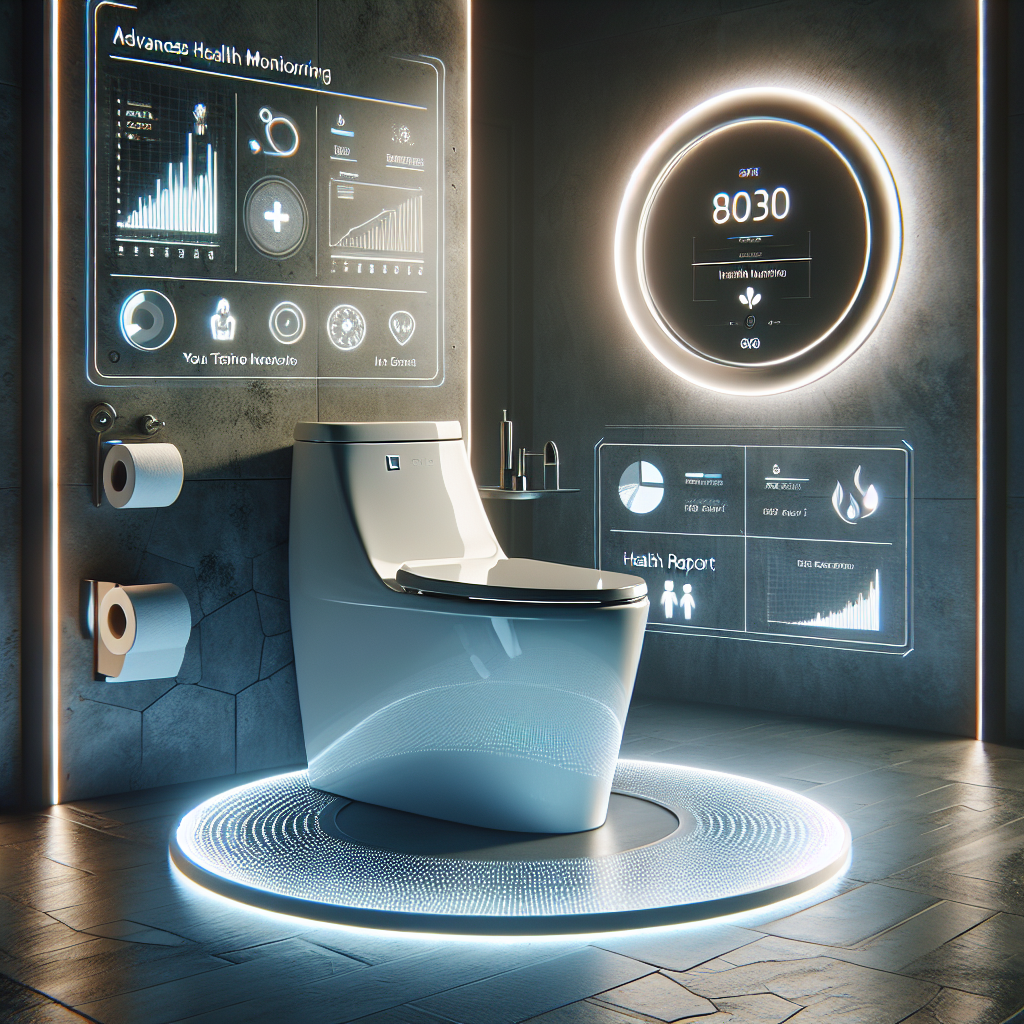In a striking example of the ongoing convergence of consumer electronics and personal health monitoring, Kohler has unveiled a new health-focused smart toilet equipped with advanced waste analysis capabilities. As reported in a recent article titled “Kohler Launches $600 iPhone-Connected Toilet Camera That Monitors Your Health Through Waste Analysis” on startupnews.fyi, the product represents the company’s latest foray into the growing sector of connected health technology.
The device, priced at $600, is designed to sync with an iPhone to provide users with detailed insights into their health by analyzing biological markers in waste. According to Kohler, embedded sensors and a camera system work in tandem to collect data from stool and urine, which is then processed by proprietary software to deliver real-time diagnostics. The system aims to flag potential issues such as dehydration, nutritional deficiencies, and even early signs of gastrointestinal problems.
While the integration of cameras into a toilet may raise eyebrows, Kohler maintains that privacy and hygiene have been prioritized in the design. Data are encrypted, and user identities are protected through secure app pairing protocols. Health summaries generated from the analysis are delivered confidentially through a smartphone application, allowing users to share findings with healthcare professionals as they see fit.
The launch underscores a larger trend in the smart home industry, where companies are increasingly embedding health-monitoring technologies into everyday appliances. With public interest in personal wellness rising sharply in the wake of the COVID-19 pandemic, businesses are racing to meet the demand for non-invasive, at-home health tracking tools.
However, the move also raises pressing questions about medical accuracy, data ownership, and regulatory oversight. Health experts warn that while such tools can offer helpful indicators, they should not be relied upon for formal diagnosis without medical validation. In the United States, the Food and Drug Administration’s approach to connected health devices—particularly those with diagnostic implications—suggests that Kohler’s new product may soon face careful scrutiny with regard to its claims and functionality.
For Kohler, a company better known for its century-old legacy in kitchen and bathroom fixtures, this latest innovation reflects a strategic pivot toward the digital health space. It also poses a challenge to traditional healthcare providers, who must now consider how to integrate data from consumer technology into clinical practice.
As noted in the startupnews.fyi report, Kohler’s smart toilet signals a possible shift in how we view not only the role of everyday objects but also the boundaries between home convenience and medical care. Whether this blend will prove to be a meaningful evolution or a fleeting novelty remains to be seen, but the conversation around technology’s place in preventive health has certainly been intensified.



